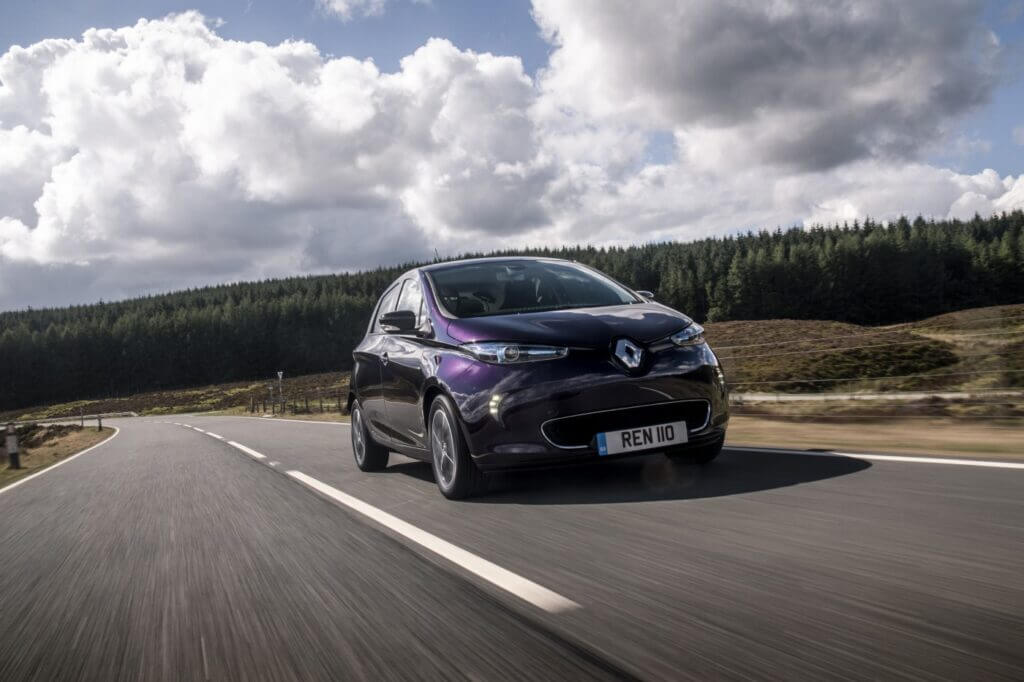Things you should do before buying a car online
Before you purchase a car online it is good practice to do some background research into both the vehicle and the seller. By taking the following steps, you will be equipped with the skills needed to confidently navigate the online car buying process.
Be realistic
If a car deal seems too good to be true, then it probably is. A suspiciously low price – often thousands cheaper than other equivalent cars available – is an initial red flag, as is a lack of contact details or a detailed description of the car.
Exercise caution, and trust your instincts when looking at car adverts. You’ll quickly notice that false or suspicious adverts stand out from the rest. Should a car advert trigger suspicion, it is advisable not to interact with it. If you have additional concerns, you can read more about some common car scams and how you can protect yourself from them.
Research the seller
If you are considering buying a car online, your first step should be to research and establish whether the seller is trustworthy and genuine.
Online car marketplaces can operate in different ways: either you are buying from them directly, or you are purchasing from a third party. You’ll need to understand which one applies to your situation as it can impact the terms and conditions and customer service.
While it always helps to buy from an established seller, there’s no reason why buying privately can’t be safe too. If you are purchasing a car from a private seller, it’s worth having a conversation with them to establish a level of trust and gain a sense of reassurance. If you still have doubts about their authenticity, you should ask to see the vehicle’s V5 and ensure that the address on it matches up with the seller’s.
Do a vehicle history check
Once you have found a vehicle you like the look of, it’s best practice to carry out a vehicle history check to avoid any potential future complications.
Also known as an HPI check, this report provides information about the vehicle, such as if it has any outstanding car finance or if it has previously been written off.
Remember, an HPI check won’t show you details about the car’s service history or usage. If you require this information you will have to see the vehicle’s service manual and logbook.
Watch out for online car buying scams
While car buying scams are relatively rare, by remaining vigilant you can avoid falling victim to them.
One of the most common car scams is known as ‘clocking’, whereby fraudsters tamper with the recorded mileage on a car’s display. While clocking has become less common due to advancements in onboard trip computers, it still remains a way for people to falsely increase the value of their cars.
To protect yourself against car scams, you can conduct an online check and assess the vehicle’s MOT history to certify the car’s mileage. Additionally, visual checks can be conducted to assess whether the condition of the car (both exterior and interior) matches what you would expect for a car of that mileage.
Know your rights when buying a car online
As discussed earlier, you are granted certain rights when buying a car online. The following pieces of legislation provide you with different rights depending on how you purchase your car online.
The Consumer Contracts Regulations (2013)
When you purchase a car at a distance, such as online, you will have additional rights under the Consumer Contracts Regulations.
These regulations allow you to cancel your order within 14 days of receiving it. This means that you can assess whether the vehicle suits your needs, and you can return it without having to prove it is faulty or damaged.
The Consumer Rights Act (2015)
If you have bought a car from a registered car dealer, you are protected by the Consumer Rights Act 2015.
Under this act, if you purchase a car that is faulty or damaged upon delivery, you are entitled to ‘reject’ it within 30 days. If you notice a fault between 30 days and 6 months, you may be entitled to a repair, replacement or partial refund.
Legally you are entitled to return a car within 6 years, however, the longer you wait to report any faults, the harder it is to prove that this fault existed prior to buying the car online.
It’s important to know that the Consumer Rights Act 2015 does not cover cars purchased privately.



